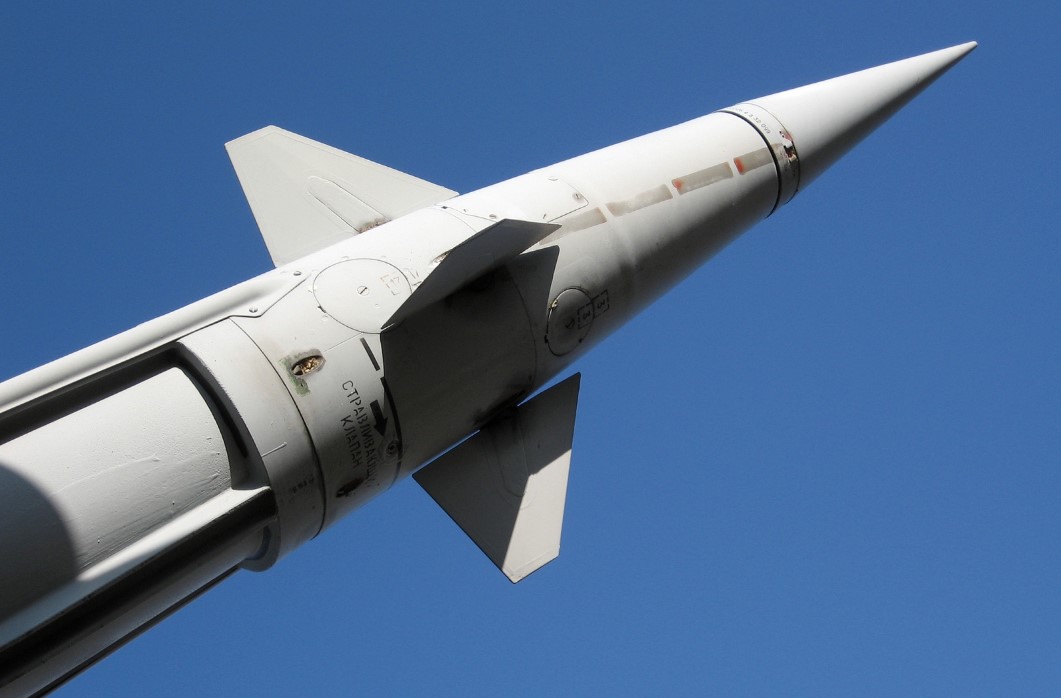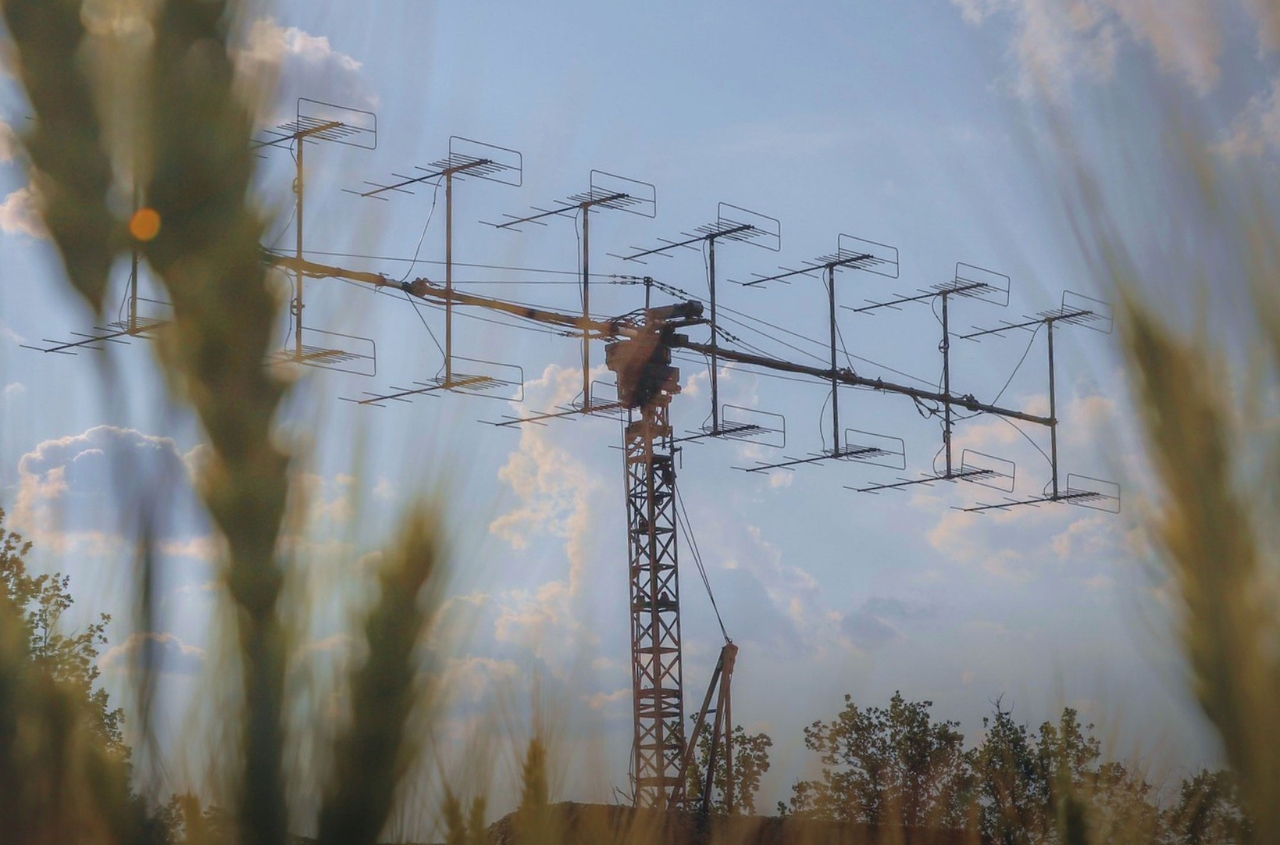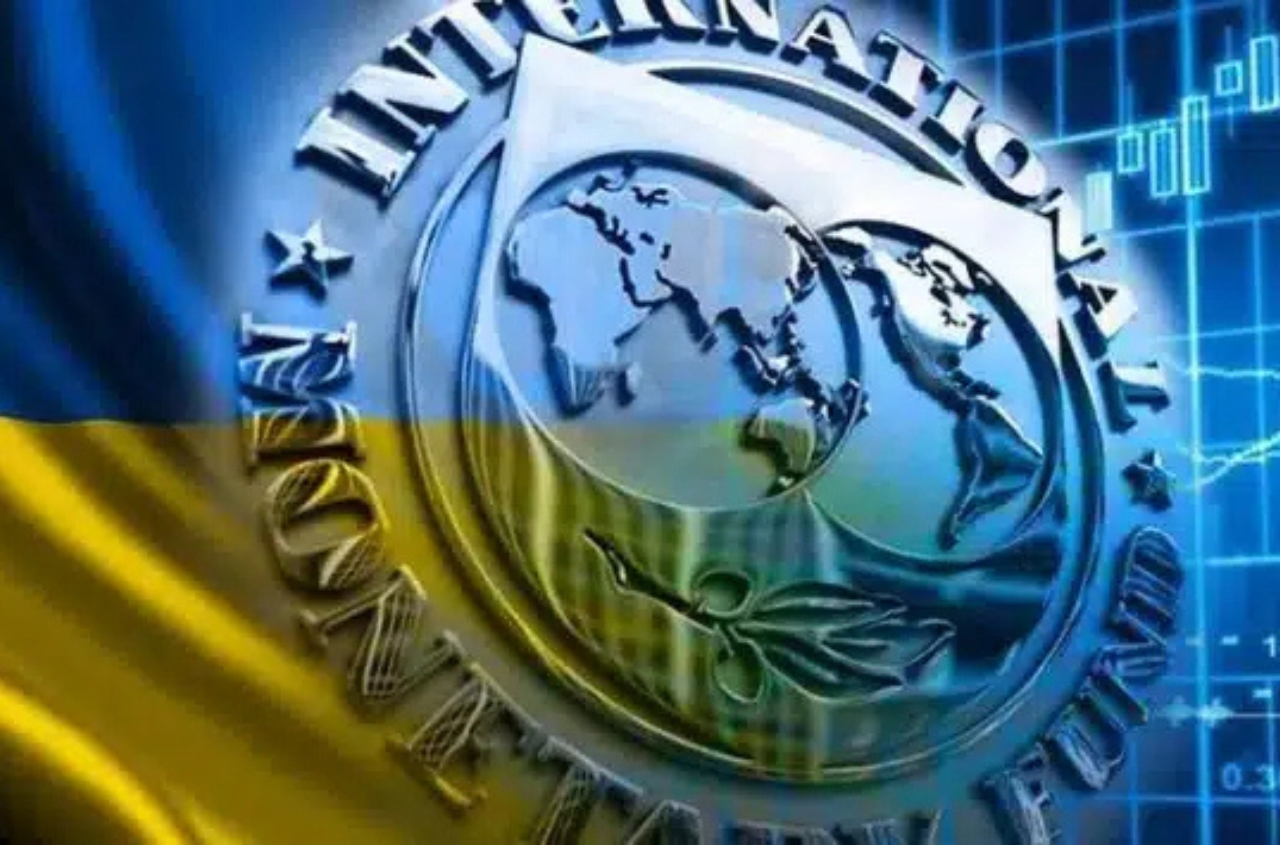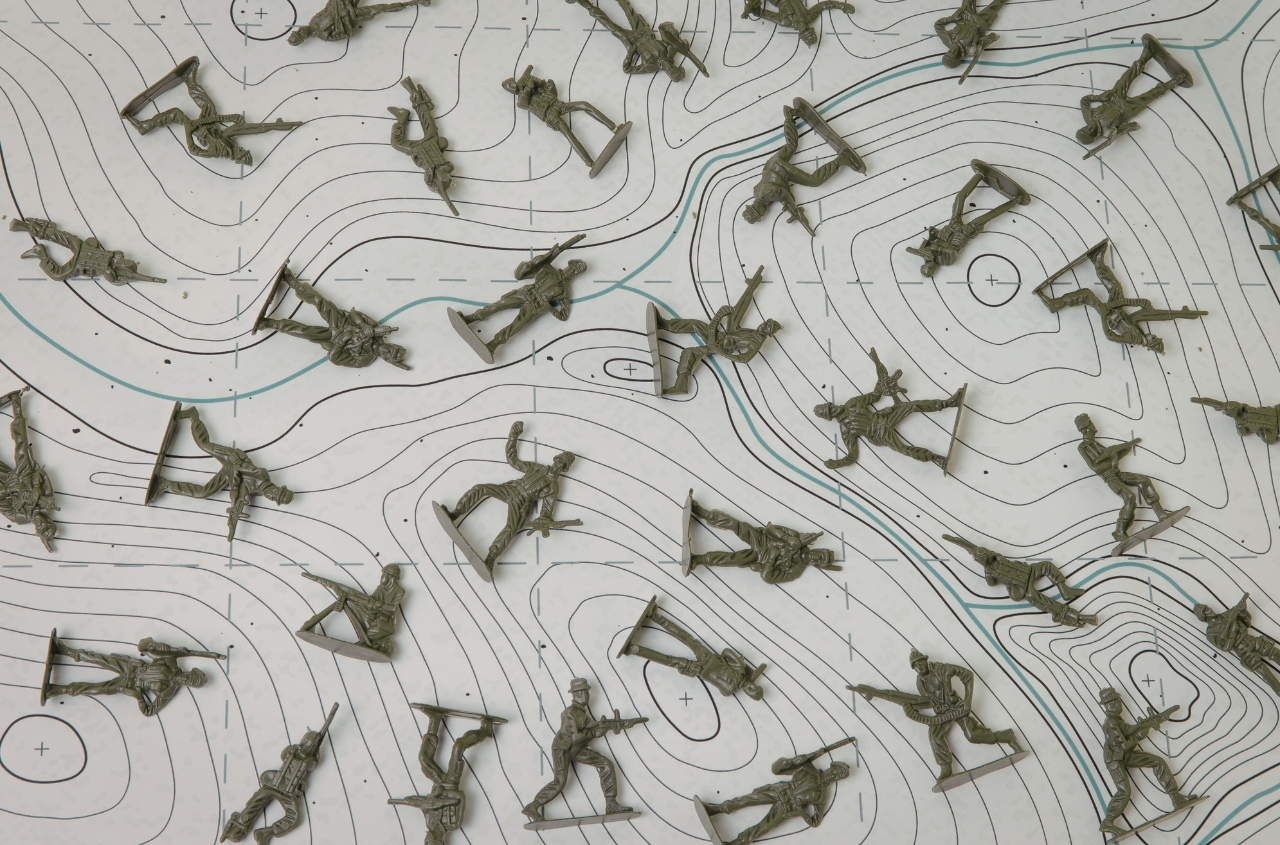Russia considers the issue of 'denuclearization' of North Korea closed in light of 'new realities' in global and regional security, stated Russian Foreign Minister Sergey Lavrov.
'We understand the fundamental position of our Korean friends that the basis for ensuring their independence and security is a nuclear missile shield and other self-defense measures,' he said.
Lavrov noted that the United States, with the support of its allies, is 'drawing military-strategic infrastructure elements' into the region and 'systems related to nuclear weapon carriers.' 'It has reached the point where the U.S.-South Korea alliance is openly referred to, by analogy with NATO, as a 'nuclear alliance,' which is clearly on the path to becoming a trilateral block with Japan, which is demonstratively pursuing a course of remilitarization,' the minister added.
Lavrov emphasized that, in Russia's opinion, 'this is the real and very serious threat to regional security.' 'In these circumstances, even the term 'denuclearization' concerning the DPRK has lost all meaning. For us, this issue is closed,' he stated.
Lavrov also expressed 'deep and sincere trust' between Russian President Vladimir Putin and North Korean leader Kim Jong-un, based on 'a common understanding and convergence of assessments of the international situation.' The minister stressed that the countries again 'confront a common enemy' and assured that Russia will consistently strengthen 'friendship and cooperation with the fraternal Korean people.'
North Korea announced its possession of nuclear weapons in early 2005. According to the Stockholm International Peace Research Institute, as of now, Pyongyang has around 50 operational nuclear warheads, while Russia has 5,580, the United States 5,044, China 500, France 290, the United Kingdom 225, India 172, Pakistan 170, and Israel 90.
The South Korean Institute for Military Studies (KIDA) noted that in the coming years, North Korea intends to increase the number of operational nuclear warheads to 250-300 and expand the range of missiles that can be used as delivery systems.
Meanwhile, research from the Federation of American Scientists stated that Pyongyang has accumulated enough material for 90 nuclear warheads but has only produced about 50 so far.
In March of this year, Russia blocked the extension of the UN commission responsible for monitoring North Korea's nuclear and missile program and the compliance with relevant sanctions for the first time. The Russian representative to the UN, Vasily Nebenzya, stated that Moscow would change its position only if a timeline for lifting sanctions on Pyongyang is established, which, according to him, no longer helps reduce tensions on the Korean Peninsula.
Prior to the invasion of Ukraine, Putin stated that Moscow did not recognize North Korea's nuclear status and that Pyongyang's missile and nuclear program 'grossly violates UN Security Council resolutions, undermines the non-proliferation regime, and poses a threat to security in Northeast Asia.'





















